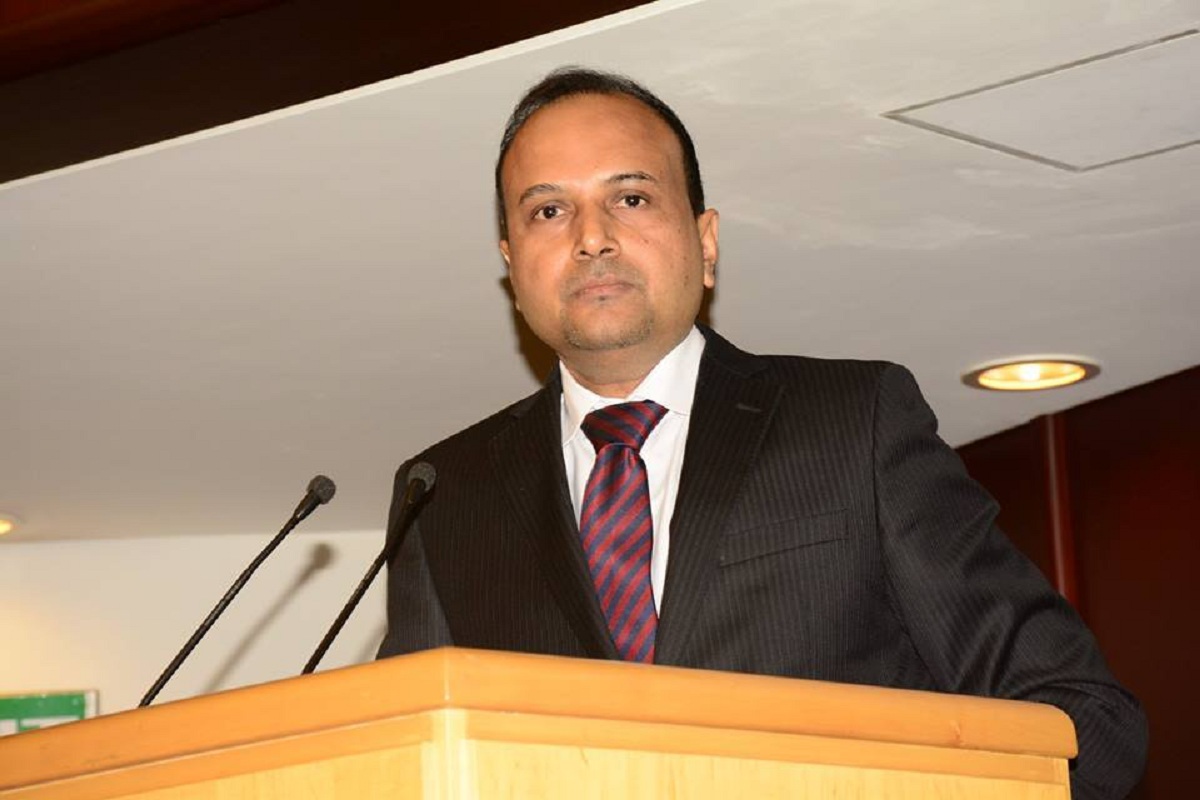India today said it intended to remain engaged with China on the issue of trans-border rivers to safeguard its interests in the wake of media reports that China was planning a major hydropower project on the Brahmaputra in Tibet that could stem the river’s flow in India.
“We have taken note of some media reports in this regard. The government carefully monitors all developments on the Brahmaputra river. As a lower riparian state with considerable established user rights to the waters of the trans-border rivers, the government has consistently conveyed its views and concerns to the Chinese authorities and has urged them to ensure that the interests of downstream states are not harmed by any activities in upstream areas,” External Affairs Ministry spokesperson Anurag Srivastava told reporters.
Advertisement
He said the Chinese side has conveyed to India on several occasions that it was only undertaking run-of-the-river hydropower projects which do not involve diversion of the waters of the Brahmaputra.
“Various issues relating to trans-border rivers are discussed with China under the ambit of an institutionalised expert level mechanism which was established in 2006, as well as through diplomatic channels,” the spokesperson said.
Earlier, the Chinese Embassy sought to allay India’s concerns over reports that it was planning a hydropower project on the Brahmaputra, saying any project it would undertake would undergo scientific planning with full consideration for the impact on both upstream and downstream countries.
Chinese state media had quoted the head of a Chinese company on Monday as saying that the country could build a 60 Gigawatt hydropower project on the Brahmaputra river, which is known as Yarlung Zangbo in China. Reports of the project have revived concerns in India that it could have far-reaching consequences for water security for the Northeastern states.
Chinese Embassy spokesperson Ji Rong said Beijing has always taken a “responsible attitude” towards the development and utilisation of cross-border rivers, and adopted a policy that protection went together with development.











